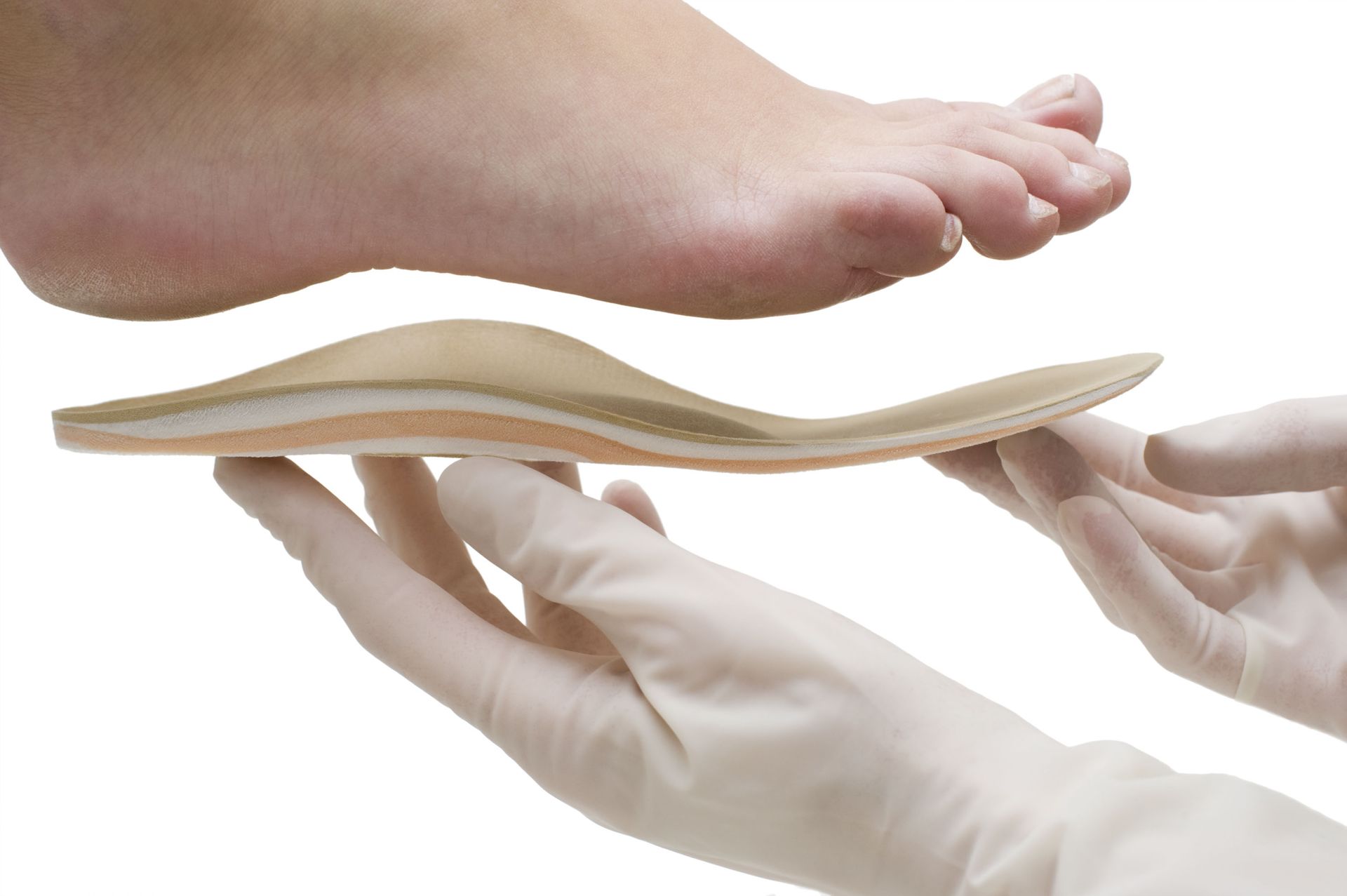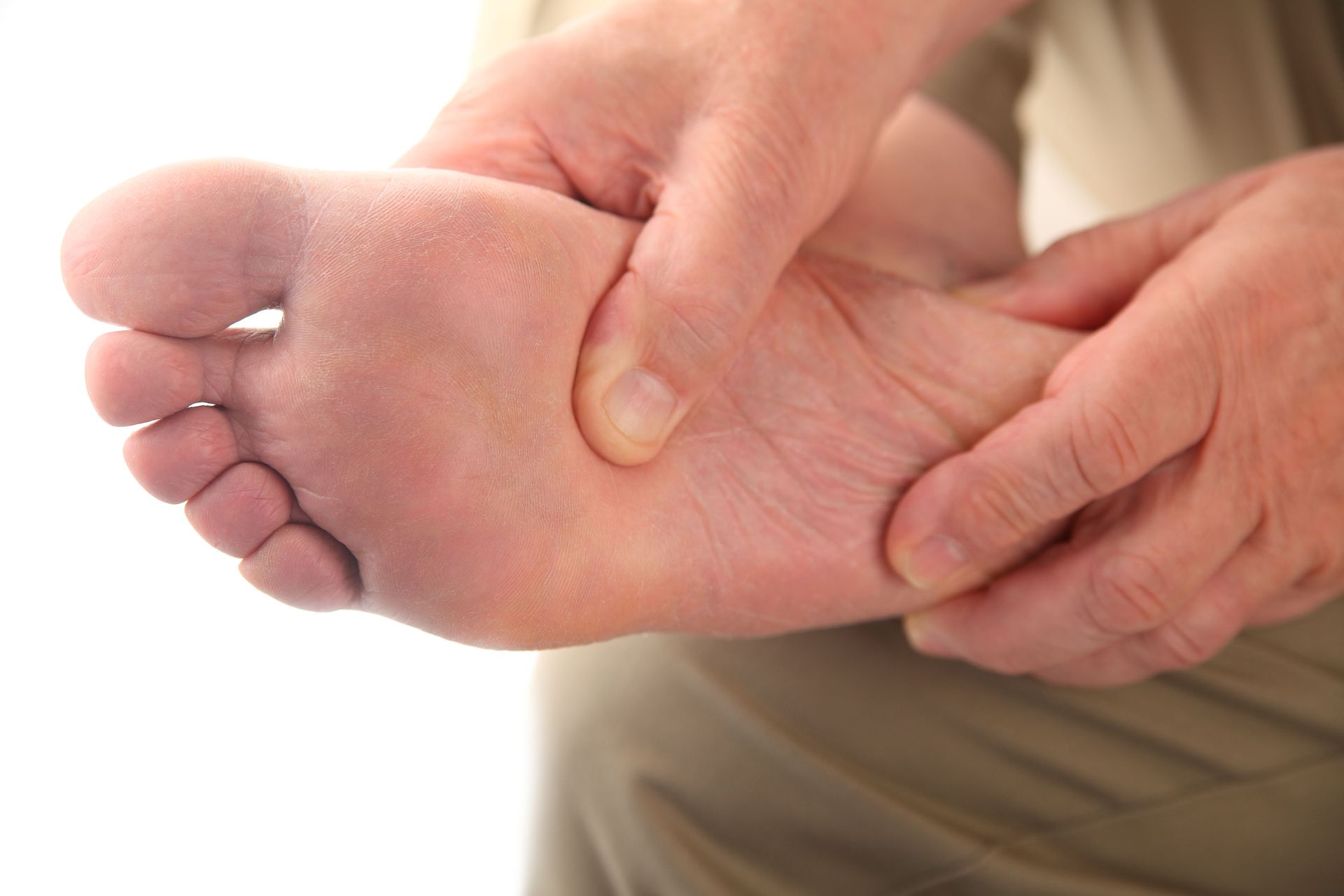3 Key Signs You Need Foot Wound Care
Everyone has experienced lacerations and wounds of all kinds, and these can sometimes take place on your feet. Typically, people take care of their minor injuries with antibiotics, disinfectants, and bandages, but that might not cure them completely. Wound care can be tricky in some circumstances, and it's time to learn the key signs that you need to go to a doctor for further treatment.
1. It's a Serious Cut
A superficial laceration may be quickly healed, so most people keep first aid kits at home, especially if they have children. However, some wounds are so deep that they affect other parts of your body, not just the skin. If a puncture hits your tendons or muscles, you should schedule a doctor's appointment.
Severe wounds must be cleaned from within, which you may be unable to do at home. The physician may recommend specific prescriptions or injections to avoid infection. The idea is to prevent anything internal from damaging your organs and affecting your recovery.
2. It's Showing Signs of Infection
The clearest sign that you need professional wound care is when the injury starts showing signs of infection, such as a bitter scent, redness, increasing pain, and even pus. You should also watch out for fevers and chills because that indicates your body is trying to fight off the condition.
A doctor should take a look at the wound. They may debride the area to remove the dead and infected tissue while prescribing more potent antibiotics or an IV drip with the proper medication to stop the situation from worsening.
3. You Have Pre-Existing Conditions
Some illnesses, such as diabetes and a compromised immune system, make it harder for wounds to heal correctly. A simple laceration may become a severe problem, so it's best to get medical treatment when you notice the puncture is not healing correctly. It could be the smallest cut in the world, but some people must pay attention and see a doctor as soon as possible.
These are the most important signs to take into account regarding wound care. According to the Podiatric Medical Board of California, 80% of Americans have foot issues because of uncomfortable shoes, which could lead to open wounds that won't heal. No matter the cause, don't disregard the issue if healing is taking too long or the pain isn't disappearing. Treating it early is the key to avoiding serious consequences. Dr. Daniel Brandwein DPM, PA, FACFAS is ready to provide the care you need.




Share On: